Mr. Tran Van Doi during his time in the North before 1975 - Photo: QUOC MINH
There were fathers wearing revolutionary uniforms looking for their children who had just taken off their Saigon soldiers' uniforms. There were brothers coming back from the war zone to look for their younger brothers who had held guns and faced off against the other side of the battlefield to convince them "let's come back and have a meal with our parents"...
The story below is very special when the son Tran Van Doi went to the North to become a Viet Minh soldier to fight in Dien Bien Phu.
The father, Tran Van Huong, in the South gradually rose to the position of Prime Minister , then Vice President, and President of the Republic of Vietnam. On the day of their reunion, father and son had no tears on their cheeks, but tears welled up inside.
Father and son joined the resistance war in 1945.
During the days when Mr. Tran Van Doi (Northern name is Luu Vinh Chau) was still healthy, I was lucky to have the opportunity to talk to him a few times in his small house in an alley on Cong Hoa Street, Ho Chi Minh City.
I still remember the first time we met on a rainy afternoon, he had a sore leg and still limped to the door to greet the guests.
I was surprised by one thing after another. The veteran of Dien Bien Phu had white hair just like his father: President of the Republic of Vietnam Tran Van Huong. Then the notebook that was like a memoir of his life, Mr. Doi still did not hesitate to give me a detailed look.
The cover of the book is covered with printed paper with images of roses, peach blossoms, apricot blossoms, sunflowers... but inside it is filled with stories of people's lives, especially during the fierce war of the country.
Seeing me silently looking at the cover of the book with colorful flower pictures, Mr. Doi laughed and asked me what kind of flower I liked. Then when he heard the customer's impressive answer of sunflowers, he happily confided: "Me too, I like sunflowers, the strong flower that turns towards the sun, just like my life, no matter what, always turns towards my people."
He confided while smiling brightly on his big, plump face, just like his father...
However, when I asked him about his memories of his father, his voice suddenly dropped, he stopped laughing and looked into the distance: "On the day of reunion when the country ended the war, many people could not hold back their tears. But my father and I did not cry, because perhaps the tears were flowing in our hearts. The circumstances of the country forced us to be separated in two parts of the country for nearly 30 years, but after peace , we were only close to each other for seven years before he passed away."
Going back in time, Mr. Doi's hometown was in the river delta of Vinh Long. Born in 1926, he was the first child of Mr. Tran Van Huong and Mrs. Luu Thi Trieu. His younger brother, Tran Van Dinh, had fled abroad before April 1975.
During his youth, after moving with his family to Tay Ninh to live while his father was the provincial education director, Mr. Doi often went to school far from home, so he was not very close to his father. In the fall of 1945, he joined the 11th Battalion of the Tay Ninh revolutionary force and marched to participate in battles in the Southwest.
"After the revolution succeeded - when the local government was just seized (Tay Ninh province) - in the ceremony to introduce to the people of the province, my father (Tran Van Huong) was the vice chairman of the province. At first, he was quite active, but gradually, he seemed to have questions about his work activities and working style, and his enthusiasm decreased.
At the end of 1945, he refused to work with the provincial resistance administrative committee and left to join a combat unit as an advisor...". This is a section of his biography that Mr. Tran Van Doi declared in the North and signed on April 9, 1975, 21 days before peace .
After the above paragraph, Mr. Doi continued to write: "Around August 1946, after many days of prolonged illness and poor health, he (Tran Van Huong) returned to his hometown in Vinh Long province. In October 1946, I was sent to the North to attend military school, so I did not receive any news about my father anymore.
The reason why I did not contact my family from the time I went to the North, then to the national resistance... and until later, was because my family lived in an occupied area, I was afraid of getting my family involved, moreover, I did not know what the political attitudes of my father, brother, and mother were afterwards. In the end, I did not have the circumstances to contact them...".
A passage written by Mr. Tran Van Doi about his father, President of the Republic of Vietnam Tran Van Huong - Photo: QUOC MINH
Father and son live in the same country but are completely far apart.
In direct conversations with me at the end of his life, Mr. Doi confided that in 1946, when he left his family to go to the North, he only thought he would be gone for a few years and then return, but he did not expect it to take so long. At that time, the 20-year-old young man had a love affair with a young girl named Bay.
Turning the page of his memoir dated August 25, 1946, he did not hesitate to show me the passage about his youthful romance: "Meeting Bay at the Crossroads, saying a tearful farewell. Promised to return when he finished his duty as a young man. Bay promised to wait for me. Our first kiss... was so romantic. Leaving with a heavy oath. Only after defeating the French invaders can I return with you...".
In particular, right after this love memoir, Mr. Doi recorded the date August 26, 1946 and his father's attitude towards the national situation at that time: "I told my father (in the memoir, Mr. Doi wrote Mr. Tran Van Huong as his father, but in all his personal records in the North, he wrote "father") that I would be going far away.
The old man was a bit surprised and did not stop me, but wanted me to slow down and wait for him to consider the current situation. At that time, the delegation of the Democratic Republic of Vietnam was negotiating with France in Fontainebleau. The old man said he was determined not to return to work for France or any puppet government. But going with the communist government would require further consideration...
I told him that I was leaving first to leave my current suffocating family (Mr. Doi's mother and father did not get along) and secondly because of the duty of a young man to the country. This was the first time I had a strong reaction and spoke frankly to him...".
Many years later, recalling his first trip to the North and being away from his homeland for nearly 30 years, Mr. Doi still remembers working with his resistance friend Nho to get papers to blend in with the majority of Northerners who were allowed to return home by the French.
They took a train from Saigon to Vung Tau and then boarded the Pasteur that was parked there. This trip unexpectedly turned out to be a turning point for Mr. Doi when he boarded the Pasteur "carrying Mr. Pham Van Dong's delegation back from negotiations in France".
Mr. Doi said that on October 1, 1946, at around 2:00 p.m., he boarded the luxurious Pasteur, a giant ship that was more than 100 meters long and as tall as a building with several floors. This ship was the maritime pride of France at that time. However, what Mr. Doi was most proud of was the red flag with a yellow star of the Democratic Republic of Vietnam that was hung right on the French ship. Notably, on the ship were also 2,000 Vietnamese soldiers and workers who had returned home from World War II. Recalling this, Mr. Doi told an interesting story:
"On October 2, 1946, the ship drifted in the middle of the sea and there was another fight between the French soldiers and the ONS (Vietnamese workers). These French soldiers were brought from Saigon to the North. They were very upset when they saw the Pasteur decorated with the Vietnamese flag, and the Vietnamese soldiers kept order, so they started a fight with the brothers.
The clash was very short, but what could a few Westerners do to 2,000 ONS brothers? After being badly beaten, the brothers threatened to burn the ship. The ship owner panicked and asked the delegation for help. The work was arranged, so the Westerners were on one side, we were on the other side...".
On October 4, 1946, Mr. Tran Van Doi set foot on the North in Hai Phong, starting his life as a Viet Minh soldier, rising to the rank of captain and battalion commander.
Meanwhile, the father Tran Van Huong also gradually returned to Saigon to open a pharmacy and then entered a political life opposite to his son, with the positions of mayor of Saigon, deputy prime minister, prime minister, then vice president, and president of the Republic of Vietnam. The father and son still lived in the same country but were completely far apart...
*************
Reunited after nearly 30 years apart, Mr. Tran Van Doi and his father Tran Van Huong could not say much. Mr. Doi felt his father's sadness...
>> Next: The day of reunion, tears flow inside
Tuoitre.vn
Source: https://tuoitre.vn/30-4-1975-ngay-tro-ve-ky-6-con-di-viet-minh-cha-lam-tong-thong-sai-gon-20250419113527762.htm


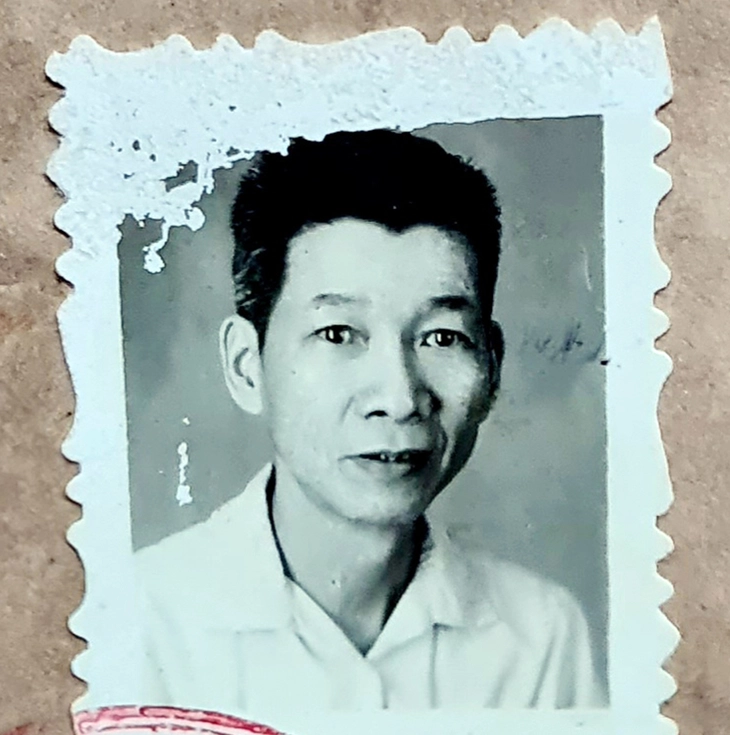
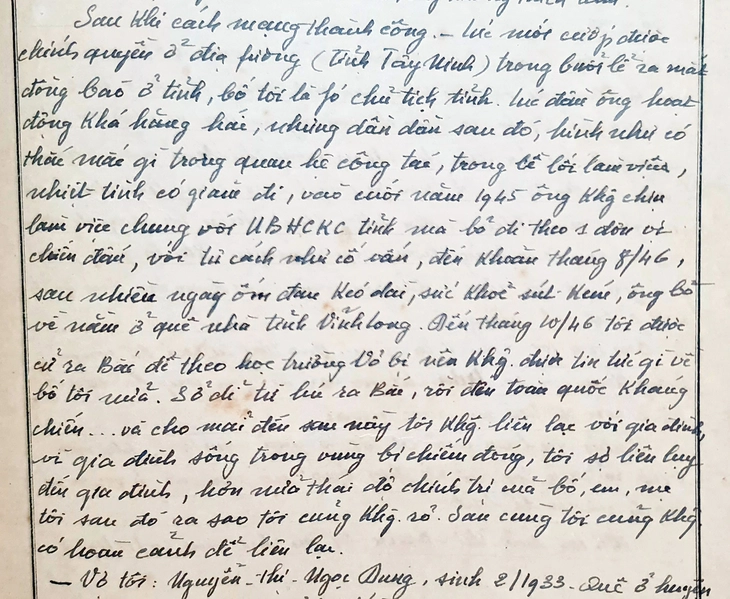
![[Photo] Prime Minister Pham Minh Chinh attends the event "Digital transformation of the banking industry by 2025"](https://vphoto.vietnam.vn/thumb/1200x675/vietnam/resource/IMAGE/2025/5/29/0e34cc7261d74e26b7f87cadff763eae)
![[Photo] Prime Minister Pham Minh Chinh receives leaders of Excelerate Energy Group](https://vphoto.vietnam.vn/thumb/1200x675/vietnam/resource/IMAGE/2025/5/29/c1fbe073230443d0a5aae0bc264d07fe)




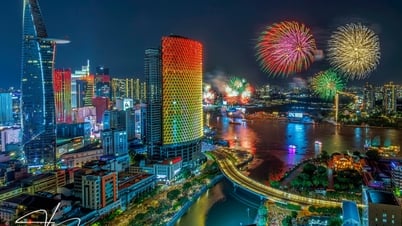

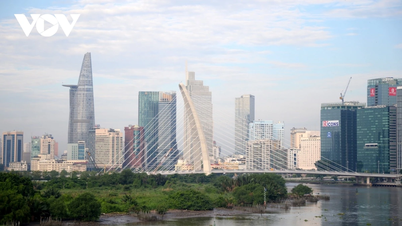

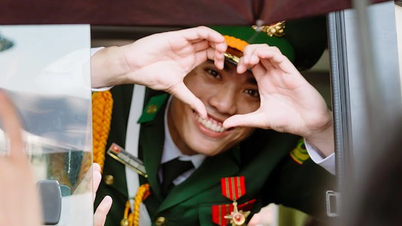

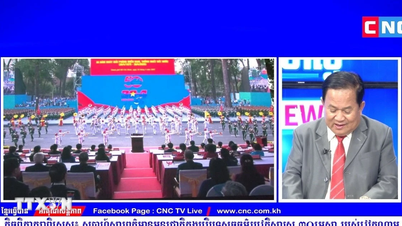

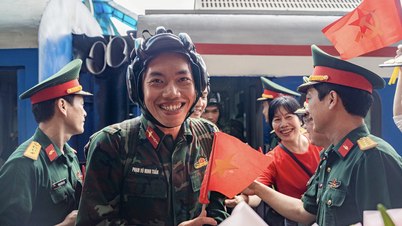

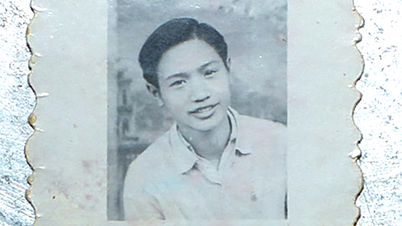
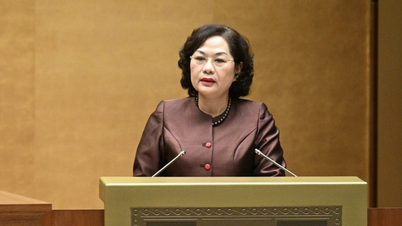

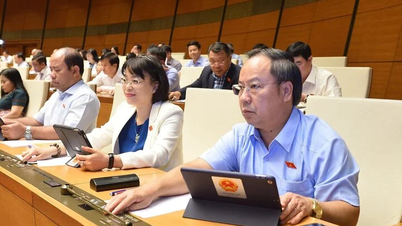
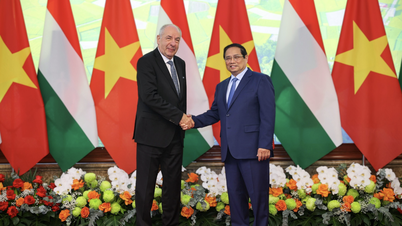

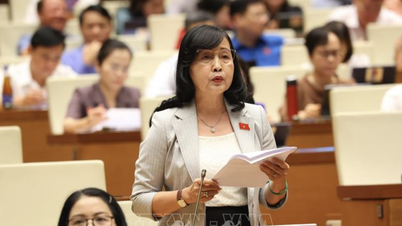

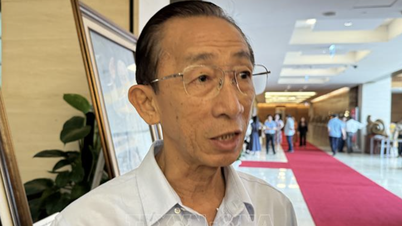
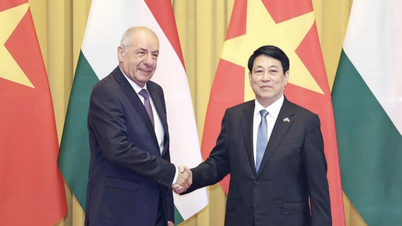





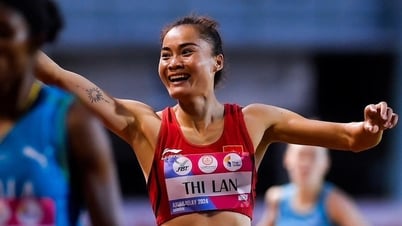
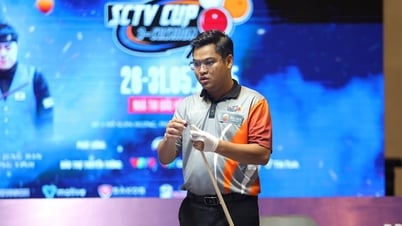
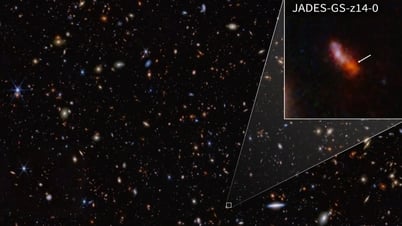
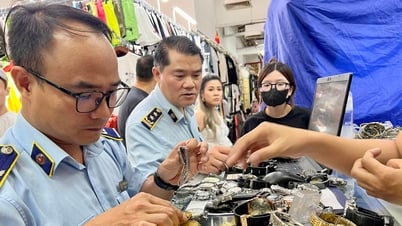




















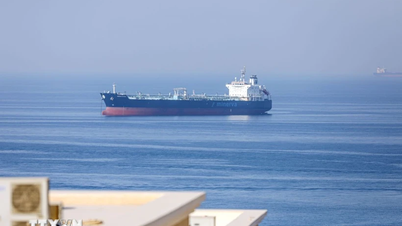

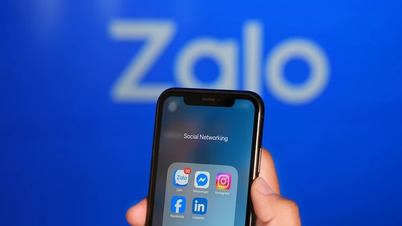



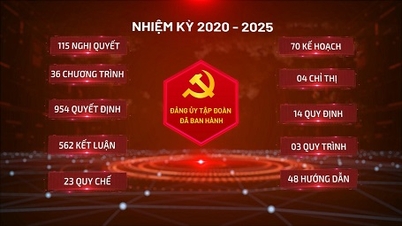


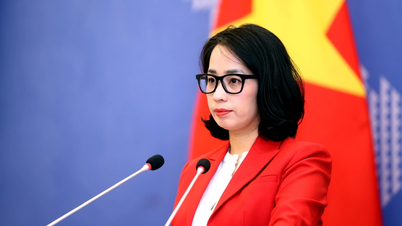

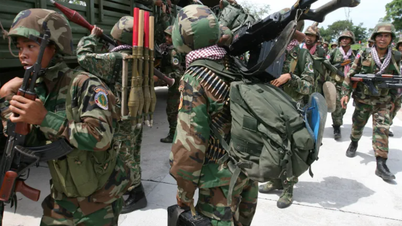
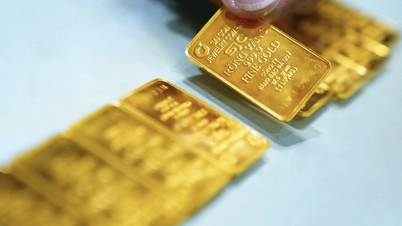


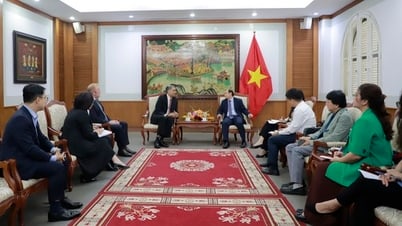
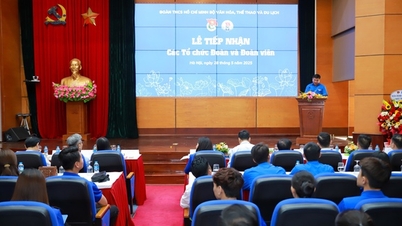
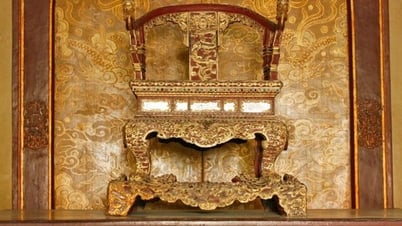
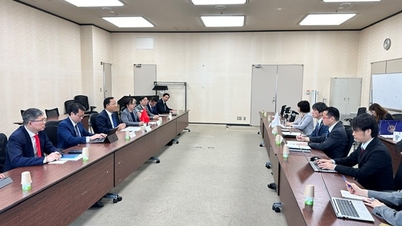

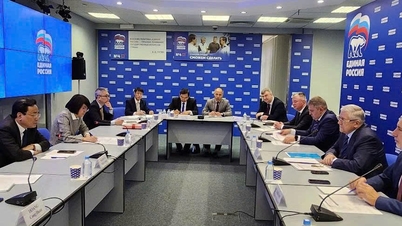

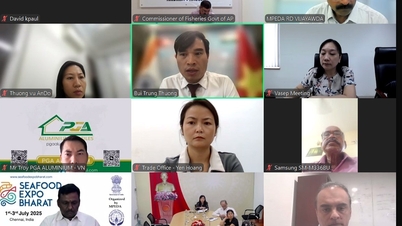


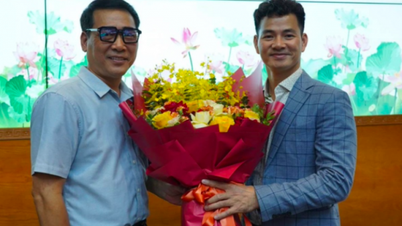

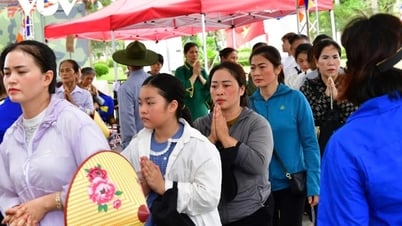

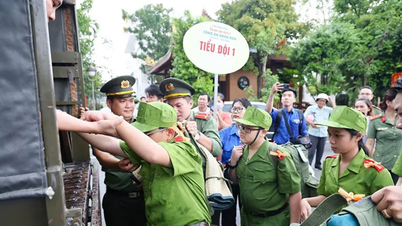
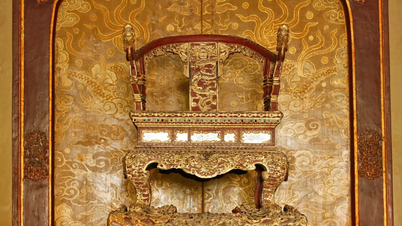

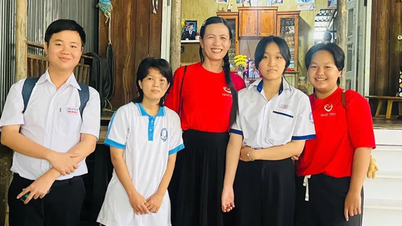


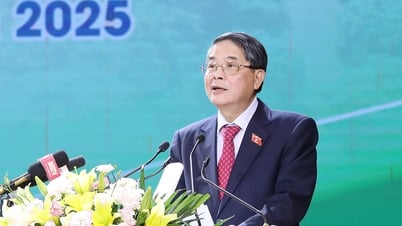






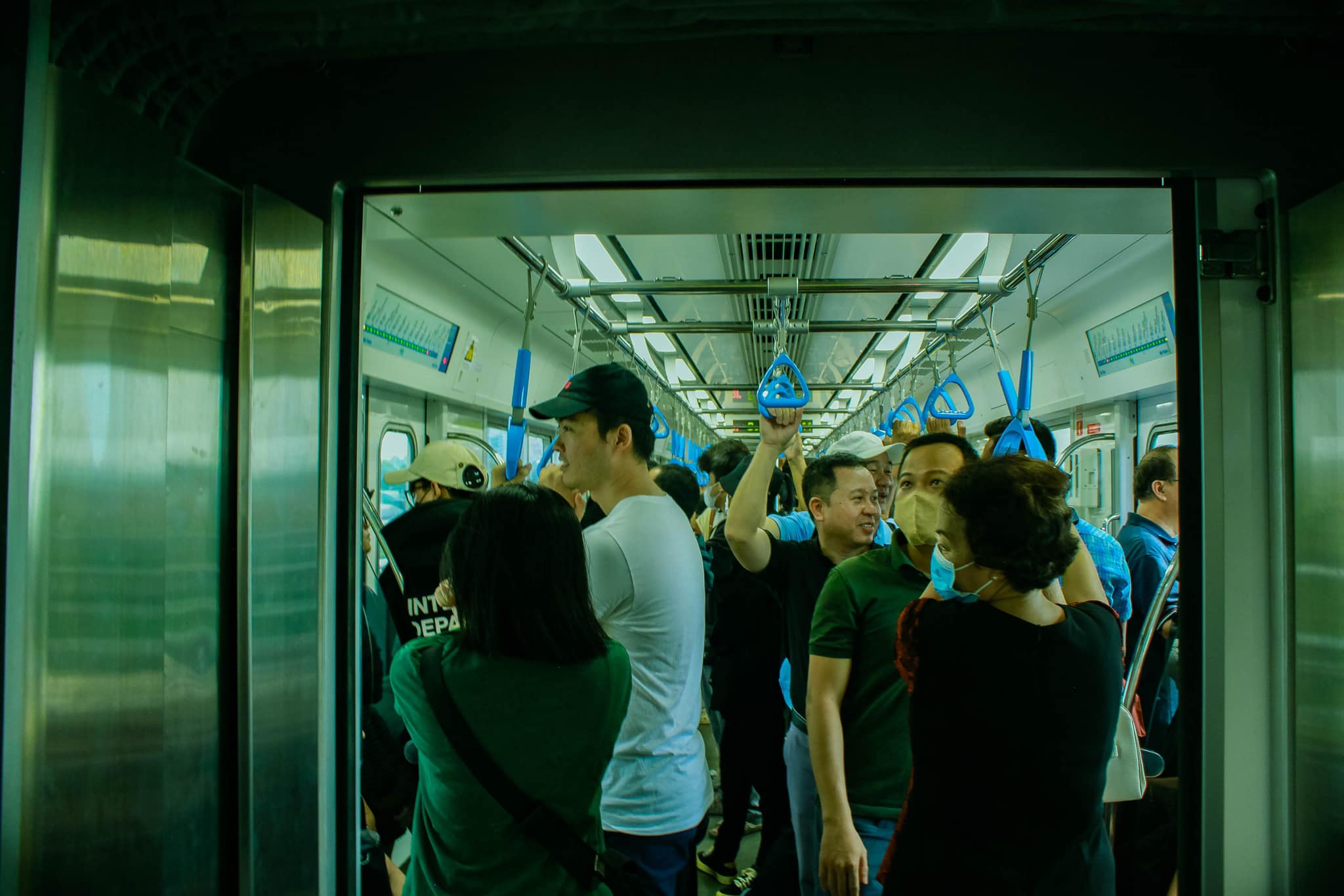



Comment (0)